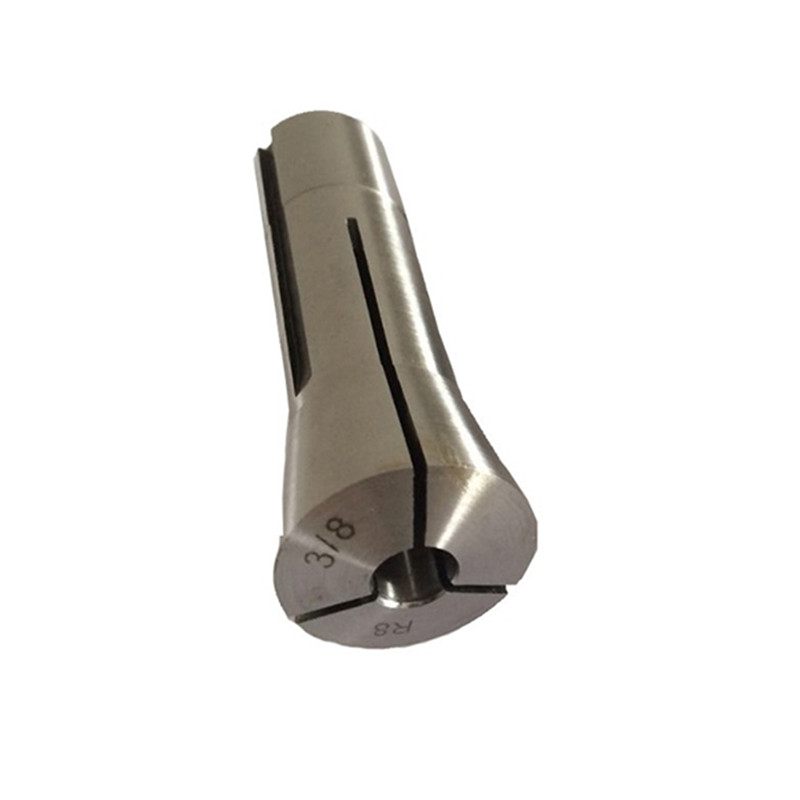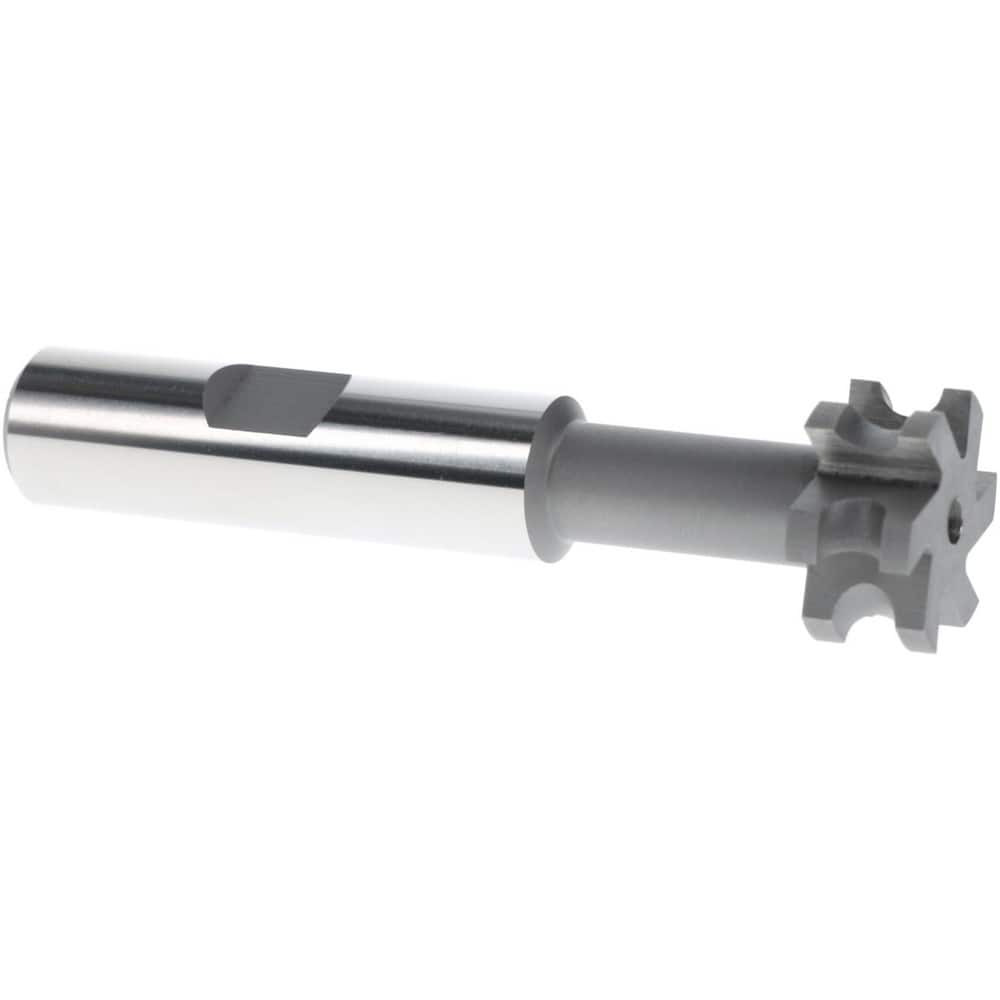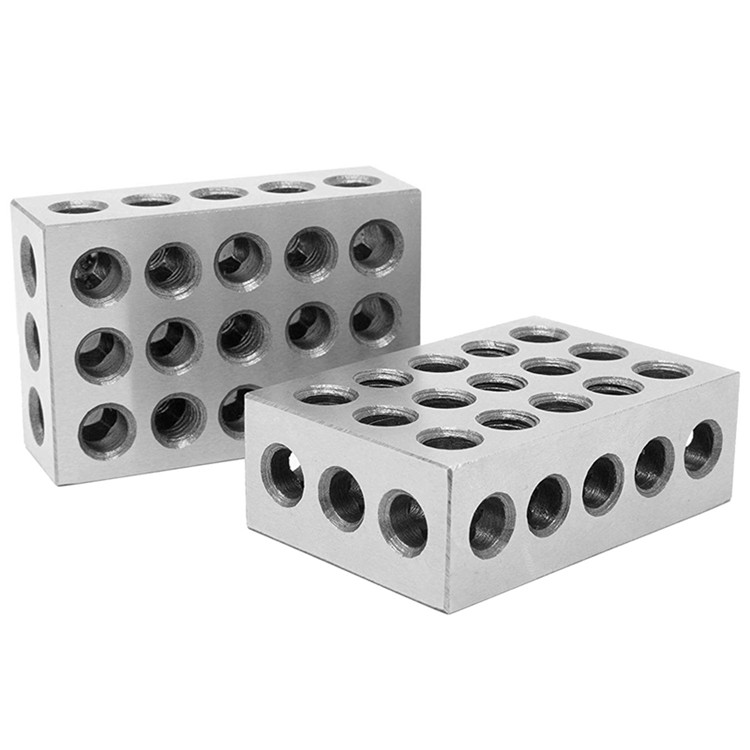milling machine arbor Factories
Milling machine arbor factories specialize in the design, manufacturing, and distribution of arbors used to hold cutting tools securely in milling machines. These factories offer a wide range of arbor types, sizes, and materials to suit various milling applications, ensuring precise and efficient machining operations.
Understanding Milling Machine Arbors
A milling machine arbor is a crucial component that connects the cutting tool to the milling machine's spindle. It provides the necessary support and rigidity to prevent tool deflection and vibration, leading to improved surface finish and dimensional accuracy.
Types of Milling Machine Arbors
Several types of milling machine arbor Factories produce various arbors to accommodate different tool types and milling operations. Common types include:
- Shell Mill Arbors: Designed for mounting shell mills, these arbors feature a large diameter flange for secure tool clamping.
- End Mill Arbors: These arbors hold end mills using collets or set screws, providing a versatile solution for a wide range of milling tasks.
- Morse Taper Arbors: Featuring a Morse taper shank, these arbors are commonly used in older milling machines and offer a simple and reliable tool holding method.
- R8 Arbors: Specifically designed for Bridgeport-style milling machines, R8 arbors are a popular choice for hobbyists and small machine shops.
- Collet Chuck Arbors: These arbors use collets to clamp the cutting tool, offering high precision and versatility. ER collet chucks are a common type.
Materials Used in Arbor Manufacturing
Milling machine arbor Factories typically use high-quality materials like alloy steel and hardened tool steel to ensure durability, rigidity, and resistance to wear. The choice of material depends on the application and the cutting forces involved. Some manufacturers, like Wayleading Tools, also use specialized coatings to enhance performance and extend the lifespan of their arbors.
Choosing the Right Arbor
Selecting the appropriate arbor is crucial for achieving optimal milling performance. Consider the following factors:
- Tool Type: Ensure the arbor is compatible with the type of cutting tool you intend to use (e.g., shell mill, end mill, etc.).
- Spindle Interface: Match the arbor's shank to your milling machine's spindle interface (e.g., Morse taper, R8, NMTB, BT, CAT).
- Arbor Diameter: Select an arbor diameter that is sufficient to handle the cutting forces generated during milling.
- Arbor Length: Choose an arbor length that provides adequate clearance for the workpiece and cutting tool.
- Application Requirements: Consider the specific requirements of your milling application, such as precision, rigidity, and vibration damping.
Top Milling Machine Arbor Factories
Many reputable milling machine arbor Factories worldwide offer a wide range of high-quality arbors. Here are a few well-known manufacturers:
- Kennametal: A global leader in tooling and industrial materials, Kennametal offers a comprehensive selection of arbors for various milling applications.
- Sandvik Coromant: Known for its innovative cutting tools and tooling systems, Sandvik Coromant provides a variety of arbors designed for high-performance milling.
- Emuge-Franken: Specializing in precision cutting tools and workholding solutions, Emuge-Franken offers a range of high-quality arbors for demanding milling applications.
- Wayleading Tools: As a professional manufacturer of CNC tool holders, Wayleading specializes in producing arbors and other precision tools. Wayleading offers customization options and a commitment to quality.
- Lyndex-Nikken: A leading supplier of machine tool accessories, Lyndex-Nikken offers a diverse range of arbors for various milling machines and applications.
Considerations When Sourcing from Milling Machine Arbor Factories
When selecting a milling machine arbor Factories, consider the following factors:
- Quality Assurance: Ensure the factory has robust quality control processes in place to guarantee the accuracy and reliability of its arbors.
- Certifications: Look for certifications such as ISO 9001, which demonstrate the factory's commitment to quality management.
- Lead Times: Inquire about lead times and production capacity to ensure the factory can meet your delivery requirements.
- Customization Options: If you require custom arbors, choose a factory that offers design and manufacturing services to meet your specific needs.
- Pricing and Payment Terms: Compare pricing and payment terms from different factories to find the best value for your investment.
- Customer Support: Choose a factory that provides excellent customer support and technical assistance.
Troubleshooting Common Arbor Problems
Even with proper selection and maintenance, arbors can sometimes experience problems. Common issues include:
- Runout: Excessive runout can cause vibration, poor surface finish, and reduced tool life. Check the arbor's concentricity and ensure proper tool clamping.
- Vibration: Vibration can be caused by a loose arbor, improper tool balance, or excessive cutting forces. Tighten the arbor, balance the tool, and reduce the cutting speed or feed rate.
- Tool Slippage: Tool slippage can occur if the arbor is not properly tightened or if the collet or set screws are worn. Ensure the arbor is securely clamped and replace worn collets or set screws.
- Damage: Arbors can be damaged by accidental collisions or improper handling. Inspect arbors regularly for signs of damage and replace them if necessary.
Maintenance and Care
Proper maintenance is essential for extending the lifespan of your milling machine arbors. Follow these guidelines:
- Cleaning: Clean arbors regularly with a mild solvent to remove chips, dirt, and coolant residue.
- Lubrication: Lubricate arbors with a light oil or grease to prevent corrosion and ensure smooth operation.
- Inspection: Inspect arbors regularly for signs of wear, damage, or corrosion.
- Storage: Store arbors in a clean, dry place to protect them from damage and corrosion.
The Future of Milling Machine Arbors
The field of milling machine arbor Factories is constantly evolving, driven by advancements in machining technology and materials science. Future trends include:
- Smart Arbors: Arbors with integrated sensors to monitor vibration, cutting forces, and tool wear.
- Additive Manufacturing: The use of additive manufacturing (3D printing) to create custom arbors with optimized designs and materials.
- Advanced Materials: The development of new materials with enhanced rigidity, vibration damping, and wear resistance.
Conclusion
Choosing the right milling machine arbor Factories and properly maintaining your arbors is crucial for achieving optimal milling performance. By understanding the different types of arbors, materials, and selection criteria, you can ensure precise, efficient, and reliable machining operations. Remember to always prioritize quality and consider factors like customer support and certifications when selecting a supplier. Companies like Wayleading Tools are committed to providing high-quality arbors and tooling solutions to meet the evolving needs of the manufacturing industry.
References:
* Kennametal: https://www.kennametal.com/
* Sandvik Coromant: https://www.sandvik.coromant.com/
Related products
Related products
Best selling products
Best selling products-
 F1 Precision Boring Head With Metric & Inch
F1 Precision Boring Head With Metric & Inch -
 Precision Dial Test Indicator Holder For Industrial
Precision Dial Test Indicator Holder For Industrial -
 5C Round Collet With Inch and Metric Size
5C Round Collet With Inch and Metric Size -
 Precision Dial Caliper Of Double Shock-Proof For Industrial
Precision Dial Caliper Of Double Shock-Proof For Industrial -
 Precision 17pcs Angle Blocks Set With High Quality Type
Precision 17pcs Angle Blocks Set With High Quality Type -
 Precision IP54 Digital Outside Micrometer Of Inch & Metric With Data Output
Precision IP54 Digital Outside Micrometer Of Inch & Metric With Data Output -
 Precision Dustproof Dial Caliper Of Double Shock-Proof For Industrial
Precision Dustproof Dial Caliper Of Double Shock-Proof For Industrial -
 HSS DP Involute Gear Cutters With PA20 And PA14-1/2
HSS DP Involute Gear Cutters With PA20 And PA14-1/2 -
 R8 Round Collet With Inch and Metric Size
R8 Round Collet With Inch and Metric Size -
 7pcs Carbide Turning Tool Set With Metric & Inch Size
7pcs Carbide Turning Tool Set With Metric & Inch Size -
 HSS ISO Metric Round Die Wieh Splite Or Adjustable Splite Type
HSS ISO Metric Round Die Wieh Splite Or Adjustable Splite Type -
 Deburring Tool Holder For The Deburring Tool Blades
Deburring Tool Holder For The Deburring Tool Blades










